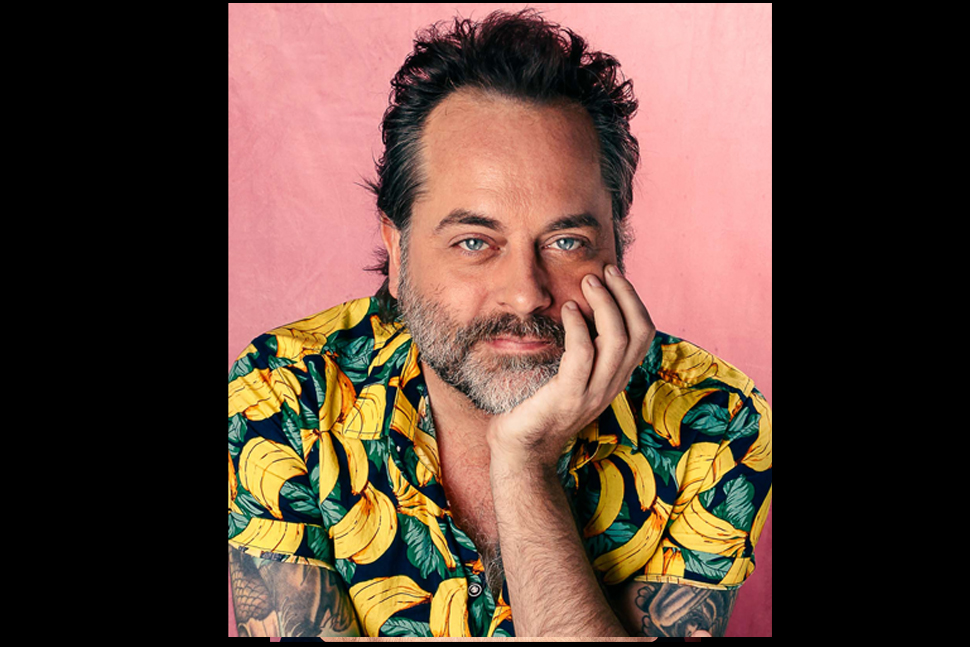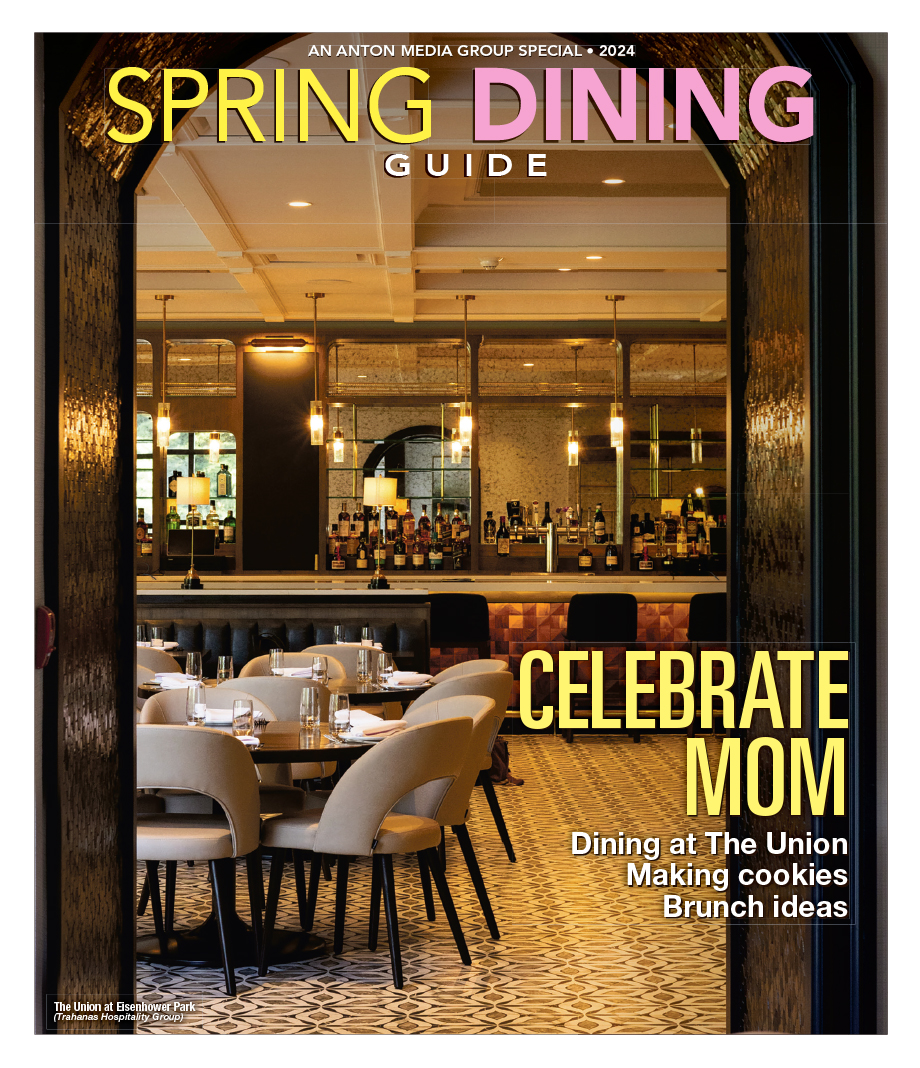Bees make significant contributions to healthy ecosystems and to food security. However, factors such as climate change, improper use of pesticides, and intensive monoculture production pose serious threats to bees. US bee populations have steadily declined over the past decades. Since the Colony Collapse Disorder (CCD) in 2006-2007, people have tried to restore stability to commercial honeybee colonies, but wild bee populations continue to dwindle. To make our ecosystems as resilient as possible, we have to enhance bee diversity because ecosystems rely on the flourishing of many species, not just a few dominant ones.
The honeybee is the primary managed species, both worldwide and in New York State, for crop pollination and honey production. However, some studies show that while these beekeeping activities have led to relative abundance of honeybees, they have reduced the overall diversity of bee populations and interaction links of wild pollinators. Most of us view urban beekeeping as an environmentally-friendly practice, but some experts have raised concerns that high-density beekeeping operations can have a negative impact on native and wild bee populations, because these operations increase floral resource competition and pathogen transmission. That is why I have become convinced that community-wide efforts to promote bee diversity are necessary.
According to the NYC Health Code, “no person shall sell or give to another person, possess, harbor, keep, or yard” (§161.01(a)(1)) “all venomous insects, including, but not limited to, bees other than non-aggressive honey bees (Apis mellifera), hornet and wasp.” (§161.01(b)(12)) with certain exceptions such as zoological parks, laboratories, and exhibitions and displays for which the Commissioner has issued a permit.”
It is well understood that the goal of this regulation is citizens’ safety and health. In interviews with me, many NYC beekeepers and experts explained that commercial beekeepers are deemed to have no reason to raise any species other than honeybees, in light of their efficiency and productivity. They do not interpret this section as completely prohibiting the keeping or yarding of wild bees.
However, this misinterpretation is easy to reach, especially because of the false perception that “bees other than non-aggressive honey bees (Apis mellifera)” are as dangerous to citizens as “hornet and wasp.” In addition, section 161.01(b) states that “for the purposes of this Code, a wild animal is deemed to be any animal which is naturally inclined to do harm and capable of inflicting harm upon human beings.” But it is not clear that there is any scientific basis for judging that only certain bees (Apis melifera) are non-aggressive.
Following my interest in strengthening local wild bee populations, I founded the non-profit corporation, Project Bee Aware Association, Inc., based in New York. Its projects include (1) developing and distributing wild bee housing devices and wild bee-friendly garden kits to urban school districts, and (2) developing an app through which people can order pre-packaged wild bee hotel/garden seed packets optimized for the wild bees near their location. (See my website: https://www.projectbeeaware.org/project) Although these are just small efforts to promote bee biodiversity, and the risk to citizens’ health is very low, there is a chance that some might see this project as violating section 161.01 of the NYC Health Code.
In light of this, I am seeking to amend the wording of “bees other than non-aggressive honey bees (Apis mellifera), hornet and wasp” in section 161.01(b)(12) to “aggressive bees, hornet and wasp,” so that the regulation will clearly permit other wild bee species, rather than listing a single bee species as permitted.
This amendment will not only raise citizens’ awareness of the importance of bee diversity, but will also encourage broader efforts to protect and promote bee species in our community. I have submitted a petition for the amendment of section 161.01 of the NYC Health Code to the Department of Health and Mental Hygiene, and ask you to support my petition by going to “https://chng.it/5k5hPDGCZM.”
Together we can enhance biodiversity, improve food stability, and safely increase our wild bee populations.
—By Katie-Jiwoo Choi, an 11th grader at Jericho High School






